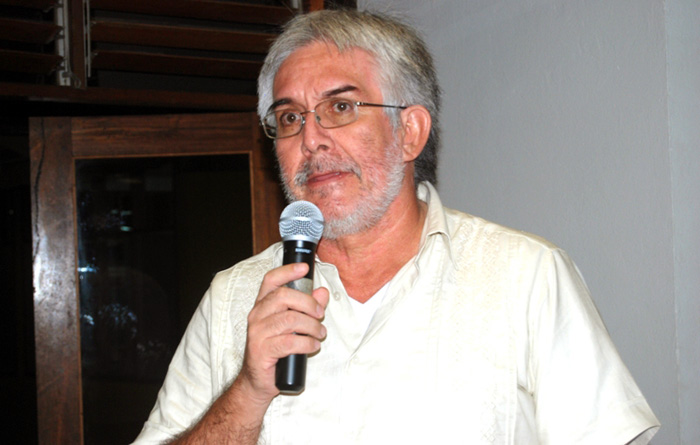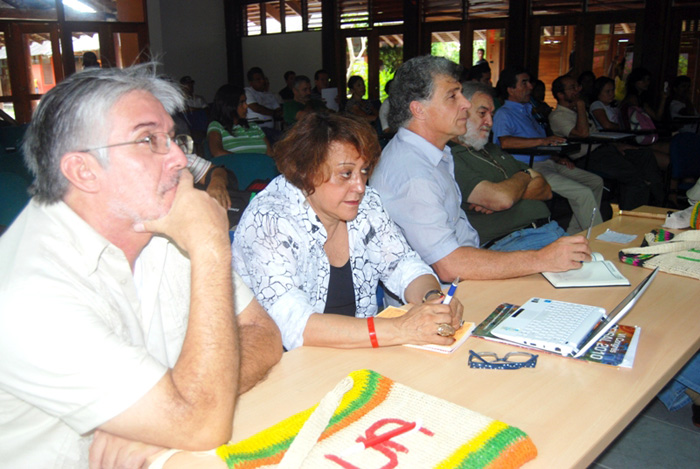Francisco Ruiz, former Secretary-General of the Amazon Cooperation Treaty Organization OTCA, asserted that this region is shared by many countries, and for that reason they have to propose projects to reestablish the environmental impact that has been generated so far, without leaving development behind.
"This can be either a crossroads or the axis of economy in South America. It is important to analyze the case of Brazil soy, cattle and biofuel exporter) and wonder what is going to happen after all this development," asserted Ruiz.
335 are the projects of Atlantic-Pacific interconnection that are currently in progress in the continental Amazon, and they aim at boosting the region by reducing the transportation time of different products.
A study made by Ruiz projects that by 2050 this important lung of the world will have 2.7 million hectares of deforested forest, and 1.5 million hectares of non-forested land.
Professor Edna Castro, from Universidad Federal de Pará, Brazil, asserted that her country counts on a series of politics for the preservation and conservation of indigenous communities and wild ecosystems, since they have the biggest extension of continental Amazon. However, she also asserted that the Government has generated big megaprojects "such as the hydroelectric plant of Belo Monte- that, despite of the measures adopted and previous studies, has produces damages to the ecosystems.
Finally, Professor Roberto Ramirez from Universidad de la Amazonia in Florencia Caquetá talked to the audience, making an analysis of what oil exploration has been in this region, emphasizing the case of Orito, Putumayo.
Ramirez asserted that during 28 years he has worked in this zone, and he has observed that the main negative effects in the area are result of the extraction of natural resources, woodcutting, and the construction of roads.
 Correo Electrónico
Correo Electrónico
 DNINFOA - SIA
DNINFOA - SIA
 Bibliotecas
Bibliotecas
 Convocatorias
Convocatorias
 Identidad UNAL
Identidad UNAL





